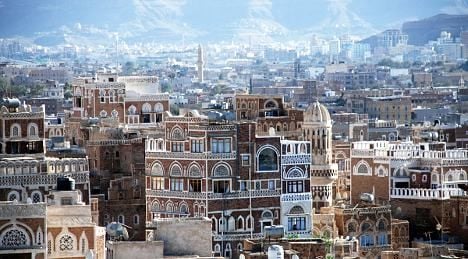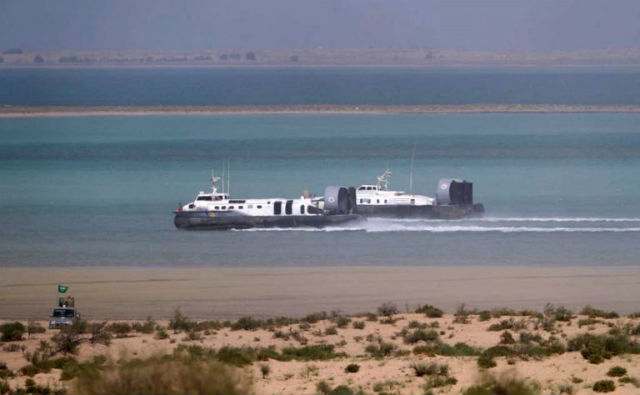“A Swiss woman was abducted in Hodeida (on the Red Sea coast) by armed men who moved her to Shabwa province,” the official told AFP on condition of anonymity.
“According to our information, Al-Qaeda is responsible for the abduction,” he added.
According to the official, the kidnappers are “demanding the release of two Al-Qaeda militants detained in Hodeida.” He gave no further details.
A security official also blamed Al-Qaeda for the abduction.
“The kidnapping bears the hallmark of Al-Qaeda,” he told AFP.
According to him only a well-organised group like Al-Qaeda could have undertaken such an operation, which involved abducting the woman in Hodeida and then moving her across three provinces to Shabwa.
Shabwa is a stronghold of loyalists of the jihadists’ local affiliate Al-Qaeda in the Arabian Peninsula, whose militants fight under the banner of Partisans of Sharia (Islamic law).
Last May, the militants took control of Zinjibar, capital of the neighbouring Abyan province, and several other southern towns, triggering months of deadly fighting with government troops.
More than 200 people have been abducted in Yemen over the past 15 years, many of them by members of the Arabian Peninsula’s powerful tribes who use them as bargaining chips with the authorities.
Almost all of those kidnapped were later freed unharmed.
On February 1st four aid workers — a Colombian, a German, a Palestinian and an Iraqi — were freed a day after being abducted by armed men northeast of the capital Sanaa. The Palestinian and Iraqi were women.
A Norwegian UN employee, who was abducted by tribesmen in Sanaa on January 14th, was released unharmed almost 10 days later.



 Please whitelist us to continue reading.
Please whitelist us to continue reading.
Member comments